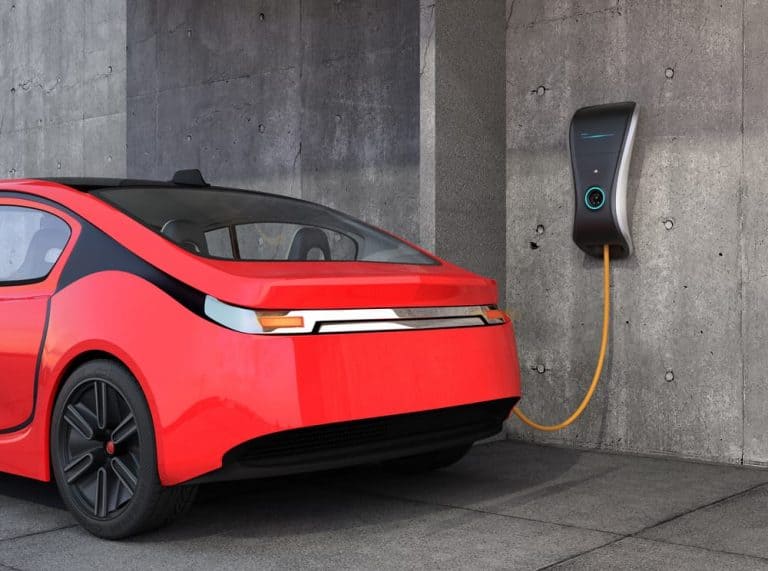Future of Electric Vehicles in San Antonio

San Antonio’s population is growing, which increases transportation needs and pollution levels. If we don’t do something about it, this could become a large problem for San Antonio citizens.
San Antonio’s Transportation Plan
In anticipation for the expected increase in population, San Antonio has implemented a 5-year transportation plan. This plan has a variety of measures meant to improve these infratructure challenges.
In preparation for this plan, a survey was taken; it found that over 90 percent of San Antonio residents drive alone. As a result, there are five areas of transportation that this plan focuses on.
Light Rail Transit for the Masses
Light rail transit allows large masses of people to commute in the same vehicle. 78 percent of San Antonio’s residents agree that light rails are an important part of the transportation sector. They suggested putting a large portion of funding towards improving this form of transportation.
Encourage Carpooling with HOV Lanes
The next improvement that many resident’s feel strongly about is the use of High Occupancy Vehicle (HOV) lanes. These lanes are specifically for vehicles with two or more people in them; which encourages individuals to carpool.
Bus Rapid Transit
Bus Rapid Transit (BRT) is an infrastructure change which provides roads designated for bus use. These roads allow buses to move faster than the flow of regular traffic. They also increase bus stop schedule reliablilty.
Bicycle Facilities
San Antonio already has seen an increase in electric scooters and e-bikes in the area. Their plan, however, continues to encourage this mode of transportation, by creating more bike lanes and facilities for bike rental and storage.
Improved Pedestrian Environment
The last improvement that San Antonio has determined necessary is the improvement of walkways for pedestrians. San Antonio’s transportation sector has goals to improve sidewalks and crosswalks. These improvements encourage more people to walk short distances.
San Antonio’s Encouragement of Electric Cars
Although improving public transportation is a great goal, it will not stop everyone from driving. If, however, you are diving an electric vehicle you can still reduce emissions. EV Charging infrastructure and incentives are currently available.
Texas Electric Vehicle Incentives
The Texas Commission on Environmental Quality is offering a $2,500 incentive for light duty electric vehicles. Those who would like to take advantage of this incentive need to do so before May 31, 2019. As of December of 2018, over 60 percent of funding was already awarded.
EV Charging Stations
One of the issues that accompany purchasing an electric vehicle is charging it. San Antonio already has electric charging stations throughout the city, but charging electric vehicles takes time. Charging an electric car can take several hours; even a quick charge station takes 20 minutes to add 60 to 80 miles.
This makes charging at home while you are sleeping ideal. The grid, however, uses fossil fuel to produce the electricity used to charge your car.
Electric Car Future Predictions: Residential Solar
In response to electric vehicle increases, solar installations have risen as well. Solar is being used to power charging stations both on the road and at home.
There are, however, benefits that come with using solar to power your home. When you use residential solar, you bypass the utility company. Solar saves money while using a clean energy source.
As we continue forward, solar will take a more dominant roll in Texas’s power supply. You don’t have to wait until this happens though. You can start saving now by acquiring your residential solar array today.



Send a Message
Oops! We could not locate your form.